In recent years there has been a trend towards expressing colostrum from your breasts from around 37 weeks of pregnancy. It can also be referred to as ‘colostrum harvesting’ and is actively advocated by some NHS Trusts.
What is Colostrum?
Colostrum is the first stage of breast milk. It develops in your breasts from early in the second trimester of pregnancy and is the only substance made by your breasts until the mature milk ‘comes in ‘ from around day 3-4 after babies birth.
Colostrum is yellow and thick in consistency or can appear clear and runny. Newborn babies need only small amounts of food, and the mother’s colostrum is perfect in both components and volume.
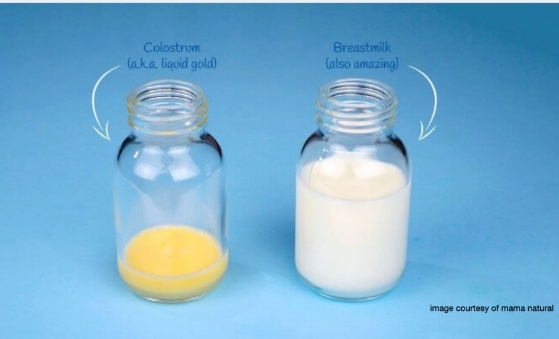
Why express colostrum antenatally?
For some mothers, it can be a useful tool that helps ensure their baby will start life without the need for formula supplementation if for whatever reason the initial latch at the breast is challenging. However antenatal hand expression is completely your choice and if you try this and you don’t manage to express any colostrum antenatally then that is no problem at all and importantly gets you used to handling your breasts ready for breastfeeding.
What is Colostrum Harvesting?
Expressing colostrum before birth is also known as harvesting, because the colostrum can be stored as a back-up, just in case your newborn needs it.
Colostrum comes out in small drops, so it can be difficult and uncomfortable to express when you’re heavily pregnant. You may not see the point if you plan to breastfeed your baby after birth. However, there are some circumstances in which expressing your colostrum before birth may benefit your baby. Your midwife or doctor will discuss this with you and you can watch the video below to find out more information.
How to harvest and store your colostrum
If you want to harvest your colostrum during pregnancy, talk to your midwife or doctor first. There are some circumstances in which harvesting colostrum may not be recommended. Your midwife or doctor may advise caution if you have a history of premature labour for example.
When you express, it can stimulate your nipples. Nipple stimulation encourages your body to produce oxytocin, the hormone that helps to kick start labour. In late pregnancy, there is a small chance that nipple stimulation could cause your womb (uterus) to begin contracting. However, if your pregnancy is straightforward, you can start hand expressing colostrum from around 37 weeks. If it’s likely that your labour will be induced or you’re having a planned c-section before your due date, your midwife or doctor may recommend that you start earlier.
Using your harvest
When you need to use your colostrum, you can defrost it under warm running water or at room temperature. You can keep defrosted colostrum in the fridge for up to 24 hours.
If you know when your labour is going to be induced or have a date for a planned caesarean, you can express colostrum a day or two beforehand and freeze it. Give it to your midwife to store in the milk fridge on the postnatal ward. It will be safe to use for 48 hours.
You can bring your frozen colostrum into hospital too. Pack it into a cool bag and give it to your midwife. She will make sure it is clearly labelled with your name, hospital number and date it was removed from the freezer. Some hospitals have freezer units for breastmilk, so ask your midwife if you’re not sure.
Do not feel pressured!
If you don’t manage to express colostrum in pregnancy, don’t let it knock your confidence. Many women go on to successfully breastfeed their babies after birth, despite having had difficulty with hand expressing during pregnancy.
There’s no need to feel guilty if you decide not to express at all during pregnancy. You’re not depriving your baby of anything. Your breasts produce colostrum for the first few days after birth, so breastfeeding or expressing soon after birth will give your baby all the nutrients he needs.
To purchase some syringes for Colostrum Harvesting Click Here

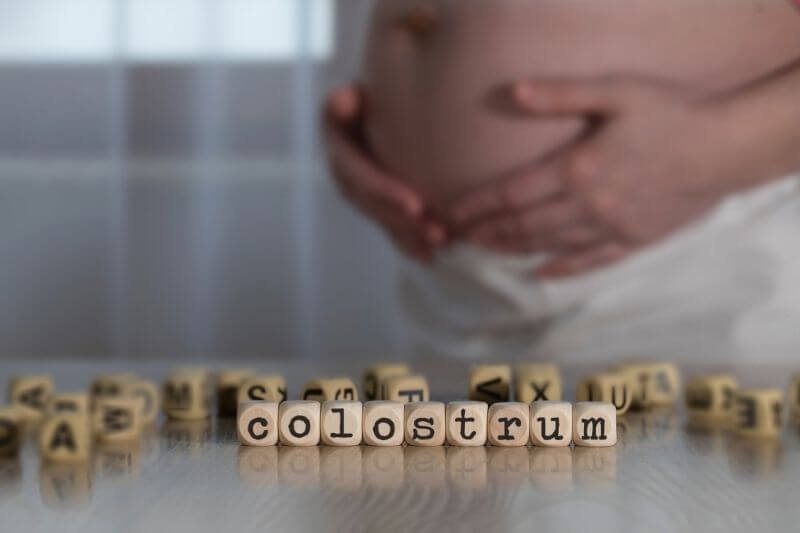



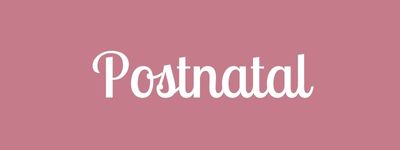



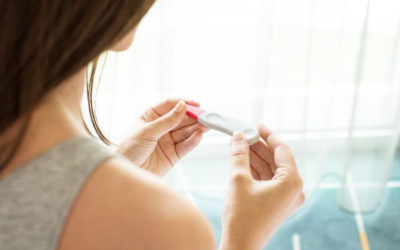
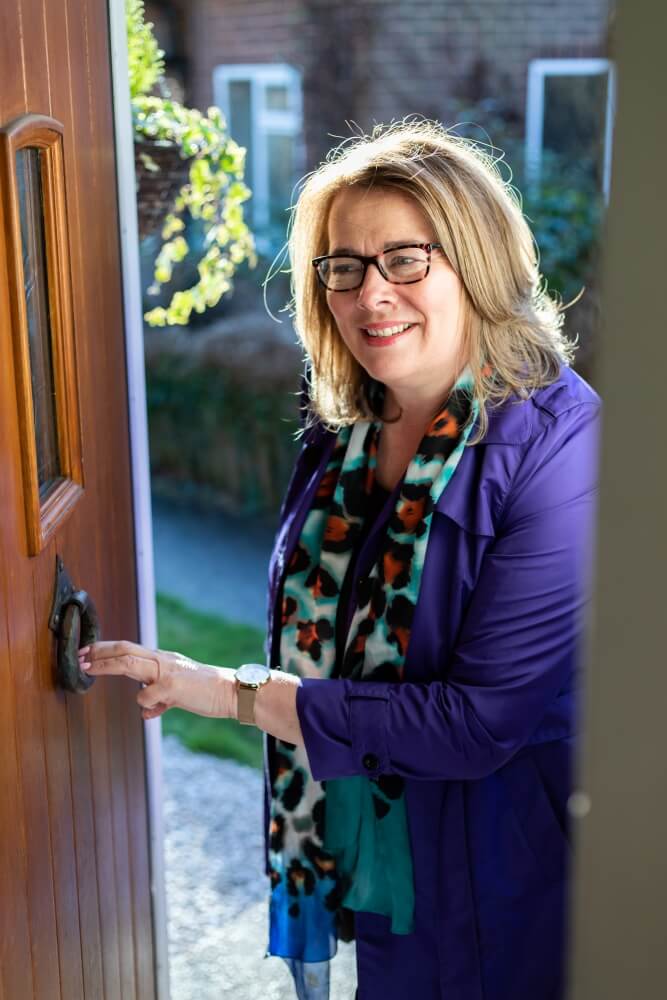
0 Comments